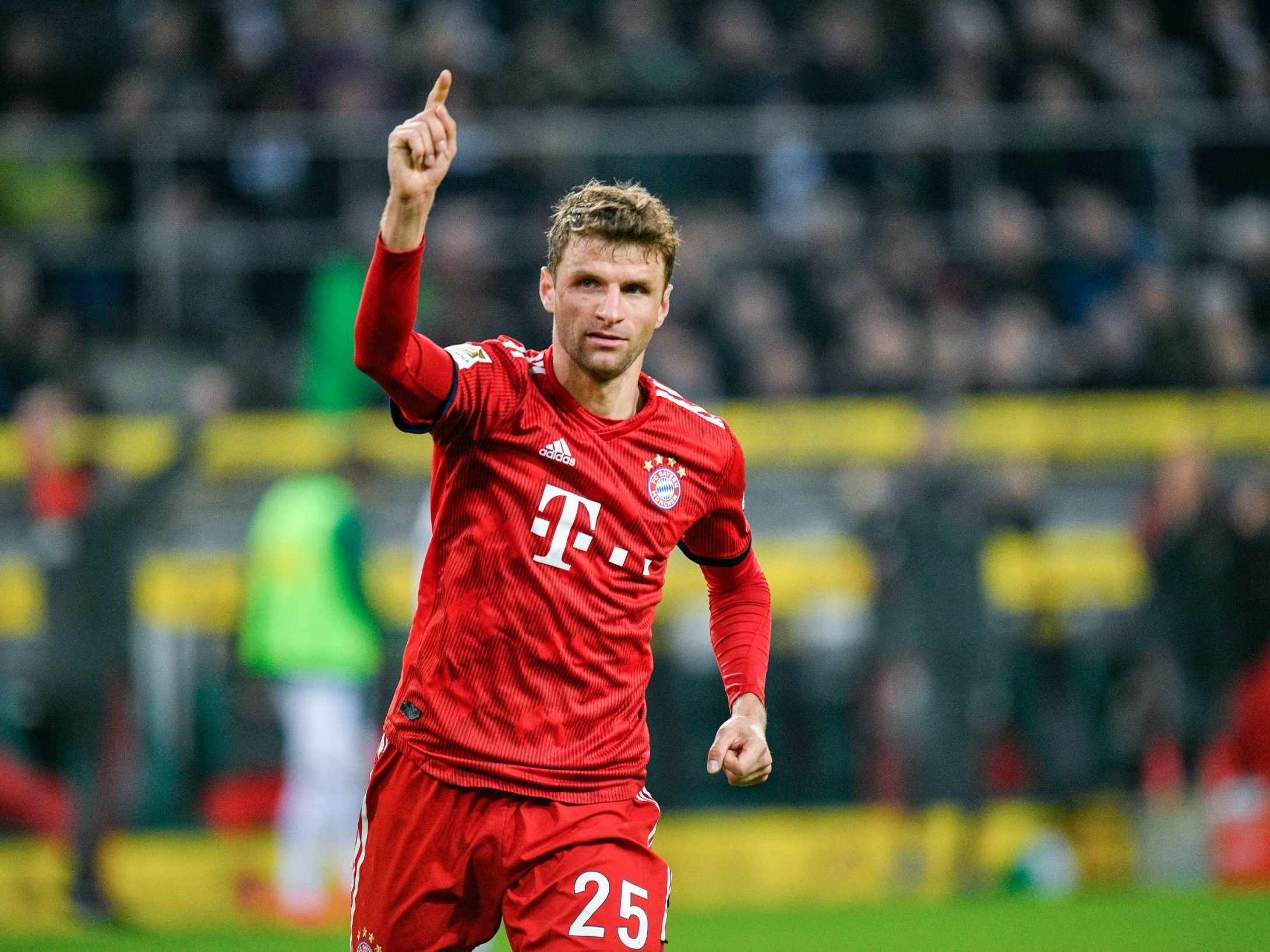As the final whistle blows on another Bundesliga campaign, an era quietly but powerfully comes to a close. Thomas Müller, the man who became synonymous with Bayern Munich’s modern identity, is set to hang up his boots after more than two decades at the club. His departure doesn’t just mark the end of a glittering individual career—it signals the fading heartbeat of a generation that defined German football for more than a decade.
The Boy from Bavaria Who Never Left
Born in Weilheim and raised in nearby Pähl, Müller joined Bayern’s academy at the age of 10. Few would have predicted that this lanky, unorthodox teenager would go on to become the club’s most decorated player, surpassing legends like Philipp Lahm, Oliver Kahn, and Bastian Schweinsteiger.
From his first-team debut in 2008 under Jürgen Klinsmann to his final bow under Vincent Kompany (Thomas has played thtough a whole generation of managers), Müller has remained a constant, ever-evolving presence. His longevity is a testament not just to his adaptability but to a footballing intelligence that defies the era of analytics and predefined roles.
“Raumdeuter”: Redefining a Position
If there’s one word that encapsulates Müller’s style, it’s Raumdeuter—the “interpreter of space.” Not a conventional striker, not a playmaker, and far from a winger in the traditional sense, Müller carved out his own role. His game has always been more cerebral than physical. His movement, his timing, his almost clairvoyant understanding of defensive patterns—it’s this spatial awareness that made him irreplaceable. A position Müller has mentored Jamal Musiala to mirror.
His best seasons statistically—2012-13 and 2019-20—showcase his dual threat: in the treble-winning 2012-13 campaign under Jupp Heynckes, he contributed 23 goals and 14 assists across all competitions. In the 2019-20 season under Hansi Flick, Müller led Europe in assists (21 in the Bundesliga alone), rejuvenating his role in a side that swept to another treble.
A Serial Winner
Let the numbers speak:
- Bundesliga titles: 13 (a league record)
- DFB-Pokal trophies: 6
- UEFA Champions League titles: 2 (2013, 2020)
- FIFA Club World Cup: 2
- Total appearances (as of retirement): 728
- Goals: 248
- Assists: 222
He is Bayern Munich’s all-time leading assist provider and ranks third in the club’s all-time goalscoring charts, behind only Gerd Müller and Robert Lewandowski.
Leadership in His Own Image
Müller never wore the captain’s armband for extended stretches, but he was the cultural captain of the dressing room. His voice carried weight, not because of volume, but because of history and heart. He embodied the “Mia San Mia” ethos—Bayern’s spirit of relentless pursuit, confidence, and unity.
He was the class clown in training and the field general on matchday, a walking paradox who kept morale high and standards even higher. Teammates have long credited him as the pulse of the locker room, a figure who stitched together international superstars and academy graduates alike.
International Highs and Lows
On the international stage, Müller was equally impactful. He exploded onto the scene at the 2010 FIFA World Cup in South Africa, finishing as the tournament’s top scorer with 5 goals and 3 assists. In 2014, he was again pivotal as Germany lifted the World Cup, scoring 5 more and playing an instrumental role in the 7-1 demolition of Brazil.
His international career wasn’t without turbulence. After Joachim Löw controversially dropped him in 2019, only to recall him later, Müller never publicly criticized the decision—a testament to his professionalism. His final tally for Germany: 45 goals and 40 assists in 131 appearances.
A Footballer for the Fans
In an age of robotic PR personas, Müller remained refreshingly authentic. Whether it was his deadpan humor, hilarious post-match interviews, or his deep affection for horses (yes, he owns a stud farm), Müller was always relatable. He represented the people’s footballer—brilliant, fallible, funny.
His farewell video on Bayern’s social channels, set to a montage of goals and candid moments, wasn’t just a club-produced goodbye—it felt like a letter to millions who grew up watching him.
What Comes Next?
Speculation already surrounds his post-retirement role. Will Müller become a coach, pundit, or perhaps stay within the Bayern system in an ambassadorial or sporting role? Whatever his path, Bayern would be wise to keep him close. He understands the soul of the club in a way few ever have.
The End of an Era—But a Legacy That Endures
As the Allianz Arena gives one final standing ovation, there’s more than just applause echoing across Munich. It’s gratitude. It’s memory. It’s the realization that players like Thomas Müller don’t come around often. Not just because of his talent—but because he gave his entire career to one club, one cause.
In a sport that often moves too fast to say goodbye, Müller’s farewell is a moment of rare reflection. Football will go on—but without its most peculiar, poetic Raumdeuter.
Image – Getty Images


